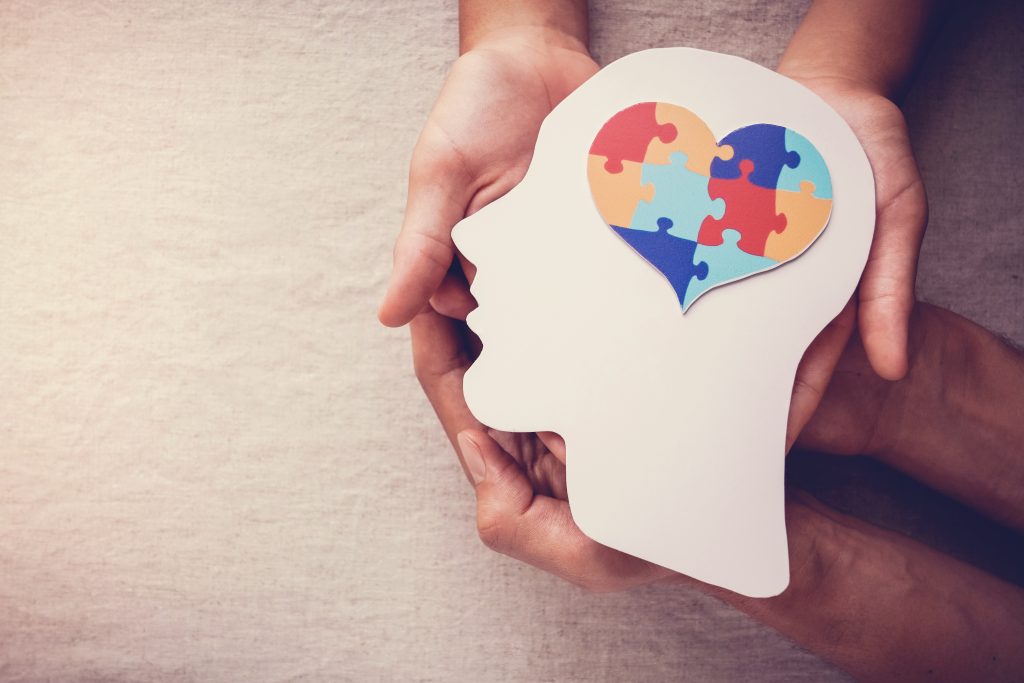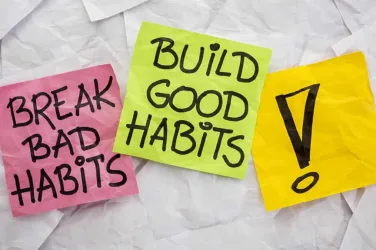
By Mimi Greenwood Knight
Chances are you know someone on the autism spectrum. Chances are you know several. In fact, according to The Autism Society of America, autism prevalence in the U.S. has risen from one in 125 children in 2010 to one in 54 in 2020. People with autism spectrum disorder (ASD), usually referred to simply as autism, face challenges as they interact in the world differently than others. But those challenges can result in success in the long run.
Autism Explained
Autism spectrum disorder is a diagnosis characterized by “differences” in the areas of social skills, communication skills, and often the presence of certain behaviors — known as “restrictive” or “repetitive” behaviors — which can look atypical when compared to others. Children with autism may at first appear to have an intellectual disability, sensory processing issues, or problems with hearing or vision. It can be challenging for parents who turn to educators and medical professionals for a diagnosis.
Adding to the confusion is that conditions may co-occur, and families may receive multiple diagnoses. A medical diagnosis by a psychologist, developmental pediatrician, or other specialized physician combined with input from parents, caregivers, and teachers can provide a better understanding of each child’s unique challenges and talents. And an autism diagnosis is the first step toward establishing proper educational and home-based support.
Not All Bad News
Autism isn’t new. Autism diagnosis is. Throughout history, those with autism (whether they had a name for it or not) displayed unique strengths and abilities that set them apart. Many with autism spectrum disorder have applied their unique strength, focus, and ability to accomplish amazing things.
Focused Interest
One trait of autism is “restricted interests,” referring to an intense passion for a specific topic — sometimes to the exclusion of all else. While neurotypical people usually possess a variety of interests, easily switching focus from one topic or activity to another, those with autism may have a narrower range. They may focus on and maintain one core interest for years — even a lifetime, using that focused interest to accomplish great things.
Social Challenges
Although social skills vary widely from one person with ASD to another, for the most part, those with ASD generally have few (if any) friends, can become easily overwhelmed by social interaction, and prefer not to share their interests, thoughts, and feelings with others. When their small circle of friends shares their interests, this can significantly support their goals and help them further focus on their restricted interests. Time spent alone can benefit them, too, by offering them a clearer, more focused mind, helping them concentrate on their goals and reach the next step toward success.
What Now?
If your child has received an ASD diagnosis, take a deep breath. Early intervention shows promising results as parents, educators, and medical professionals collaborate on individualized education plans (IEPs), speech therapy, occupational therapy, behavioral therapy, physical therapy, developmental therapy, social skills groups, and, sometimes, medication management.
Do some reading on the subject. Visit the Autism Society of America website at Autism-Society.org. Seek out other ASM parents. Then, take time to celebrate your unique child. Many people with ASD go on to live spectacular lives, and the world is a better place because they’re in it.
National Autism Awareness Month
In 1970, the Autism Society was established to promote awareness of autism and do what it can to help ensure anyone affected by autism can achieve the highest quality of life possible.
In 1972, the Autism Society established National Autistic Children’s week, which became Autism Acceptance Month (AAM). It continues today to spread awareness, promote acceptance, and ignite change.
The goal of The Autism Society of America is to build a better awareness of the signs, symptoms, and realities of autism. As the country’s oldest grassroots autism organization, they focus on providing information and resources for communities to be more aware of autism, promote acceptance, and be more inclusive in everyday life. Find out more at Autism-Society.org.









